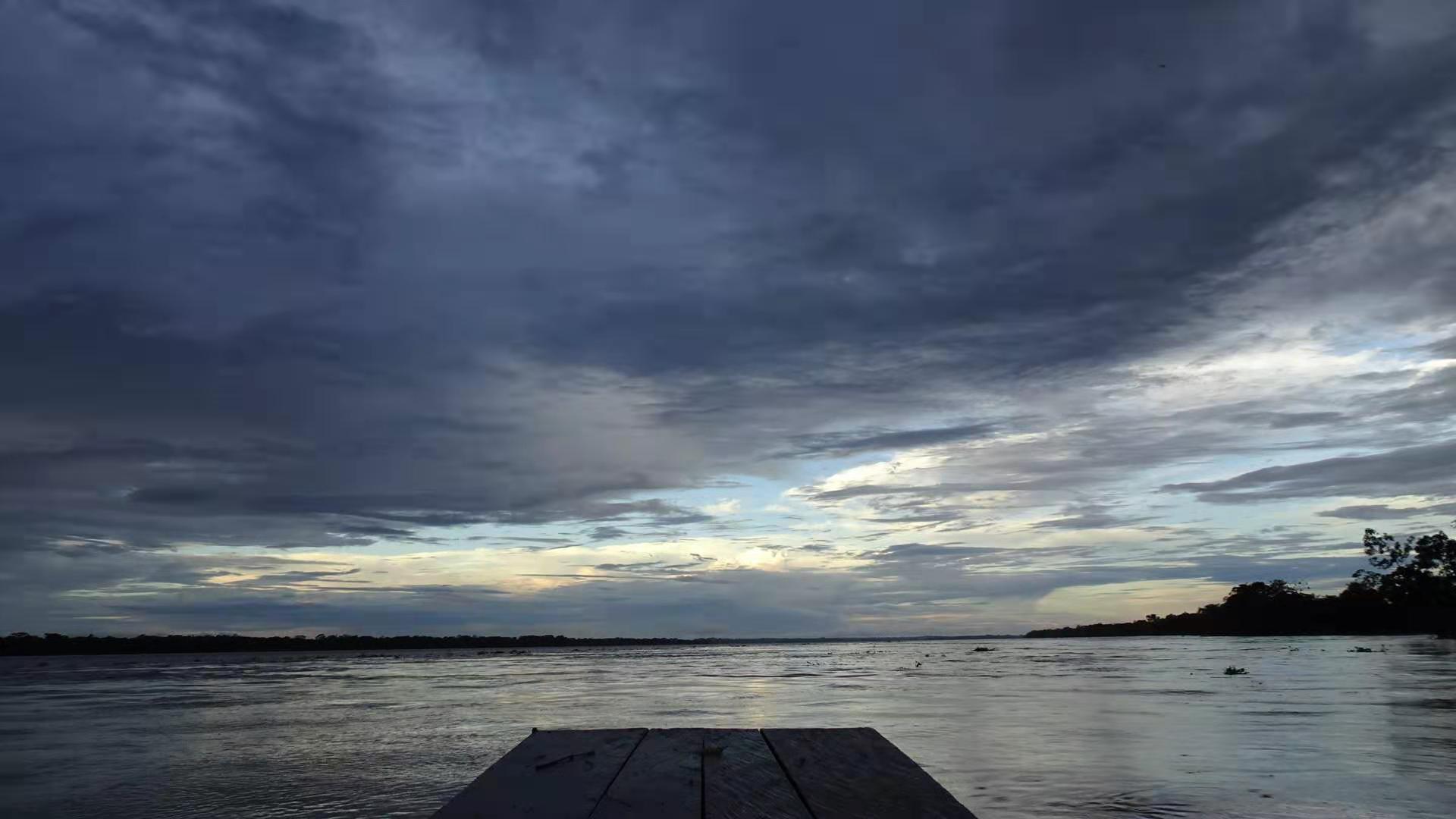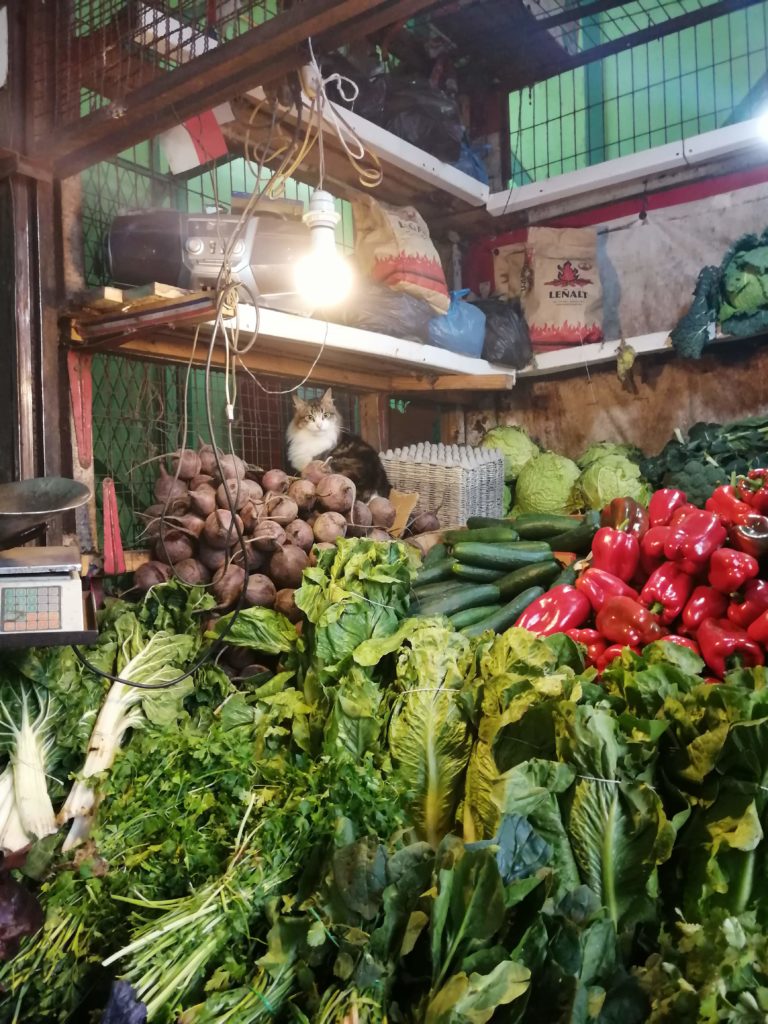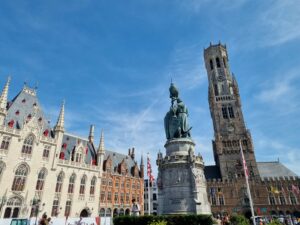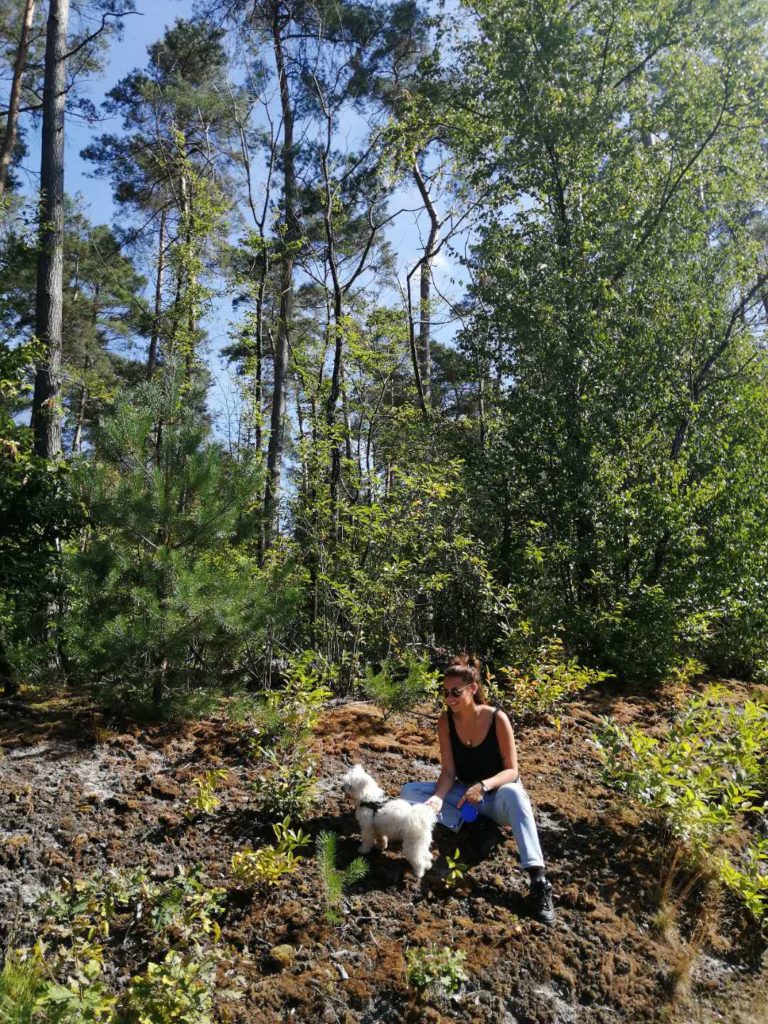Finally, after three years of studying International Tourism, I have gained a deeper insight into the ongoing tourism industry. I have learned many things, one of them being the impact of tourism. The economy, the environment, and the social structure of a country can be affected by the mass amount of incoming tourism. These impacts aren’t necessarily only negative, don’t get me wrong. There are plenty of positive aspects of tourism. This article, however, will introduce some tips on minimalizing those negative impacts when traveling.
Because, hey, we all like to travel from time to time. Look at the following steps as a helping hand for your next travels, or maybe just as useful tips to keep in mind during planning.
Minimize flying
Aviation is, unfortunately, the fastest-growing source of Green House Gas emission. We all know that not flying would be impossible but…
… (try to) choose direct flights
Most carbon emission comes from the act of ascending and descending airplanes. A big step would be avoiding connecting flights. A perfect example would be: flying from Brussels (Belgium) to Chengdu (China) with KLM Airlines. This track usually includes a connection in Amsterdam (the Netherlands). A solution could be: Take the high-speed train from Belgium (Brussels or Antwerp) to the airport in Amsterdam and then continue your flying journey. Think of alternatives such as coach travel, carpooling, or making use of high-speed trains.
Pay and ‘compensate’ your carbon emission
Initiatives such as Greentipper.com give you the opportunity to calculate your CO2-emission and pay for compensation. The money goes to climate projects that benefit nature/the environment. Conduct wise research or check if the airline you’re flying with provides the option when checking out.
Avoid business class
‘Why‘ you ask? People who fly business class leave a larger carbon footprint because they take up more floor space. I know what you’re thinking “but the business class-area is already provided. It isn’t going to change anything if I don’t fly in that class.” There is not much that I can say or do but give you the information and mention ‘change only starts with you.’
Say no to cruises!
Yes, I know how magical and extraordinary a cruise trip could be… But the impact of the cruise industry is SO DAMN BAD. I am sorry, but this is the hard reality. Cruise ships produce an incredible amount of solid and hazardous waste, which is dumped into the ocean and sea. Aside from the waste, there is also an enormous consumption of portable water, which -after consuming for several purposes- gets contaminated. Guess what happens with that? Yes, correct. It (also) gets dumped into the ocean and/or sea.
Further, regarding the social-economic impact, it’s important to know that tourists who arrive ashore usually do not contribute to the local economy as they have food and drinks on board. Mass tourism origination from cruises indirectly contributes to higher taxes and inflation for the locals.
Certifications for travel organizers
Many travel organizers are certified by the Global Sustainable Tourism Council, which means that they conform with a set of criteria in their management, social-economic -, cultural -, and environmental impact. You can find these companies on the website of GSTC.
Animal Welfare – be critical
A photograph of you holding a tiger cub? Riding an elephant? Holding a snake? Cage-diving with sharks? Yes, it is all amazing and adventurous. But I am sure you and your moral compass know better than that. Obviously, there ARE sustainable wildlife tourism companies. But there are many that only seem to be. Please consider which company you invest your time and money in. Not all companies care much about the lives of an animal. Keep in mind that every interaction with animals, either in their natural habitat or not, will affect their well-being and their physiology.
Support local economies
In many countries, tourism causes the exclusion of local enterprises because of international intervention. Think of big hotel chains such as Hilton, The Marriott group, …. Try to find alternatives by staying at local hotels/residencies and making use of local tourism services. Further, I advise you to buy your souvenirs which are made by the natives. I mean… who travels to Poland, only to buy a souvenir that is actually made in a completely different country?
The tips mentioned above are rather a small portion of possible measures we can take to fight unsustainable practices within the tourism industry. Let’s stand together and help our beautiful world a hand. I (and many others) will be grateful! Thanks for reading.
More tips on traveling? Catch your (solo) travel bugs here. Looking for an alternative & sustainable way of traveling? Find inspiration by reading the story of Katrien and Kobe!
Peace and love!









